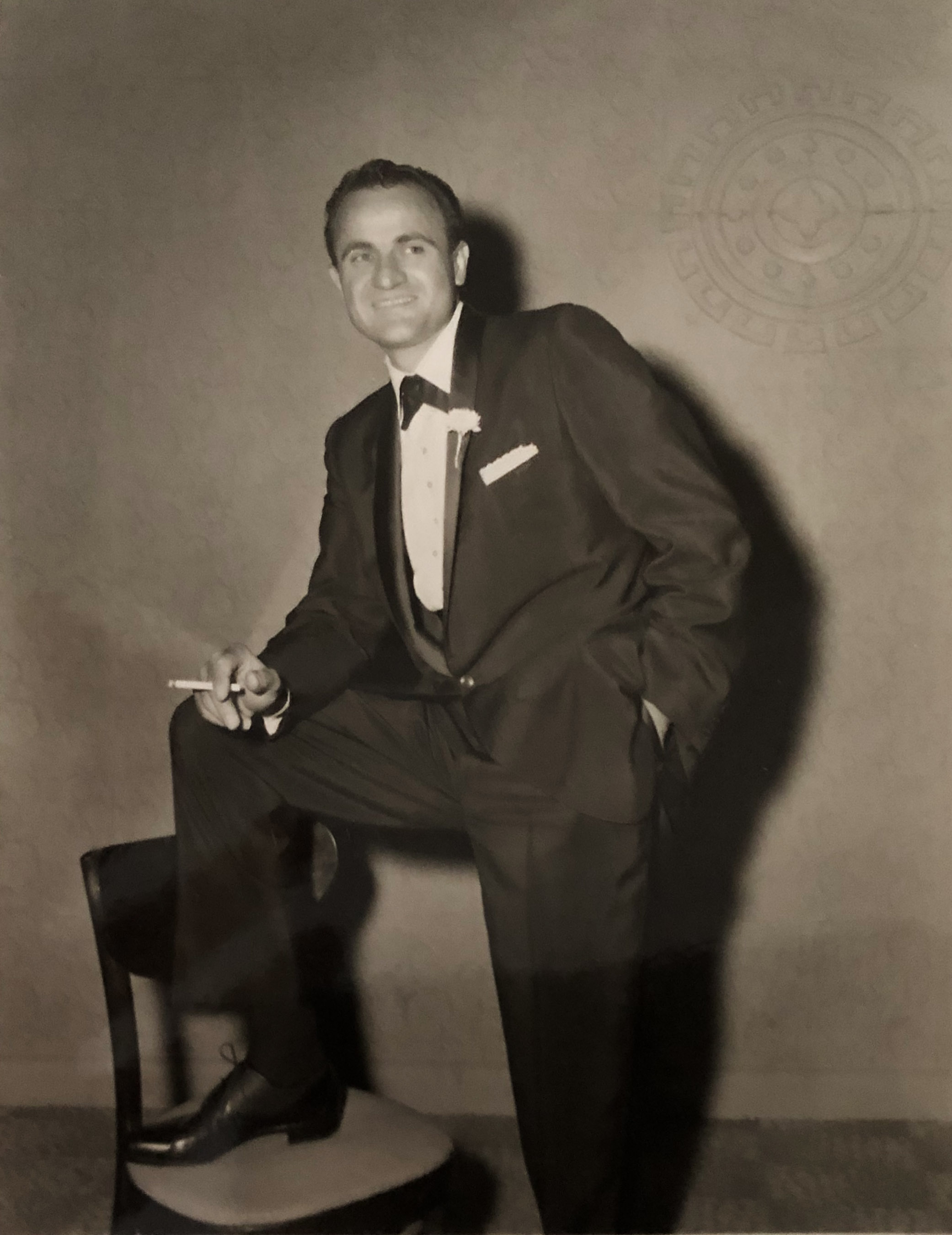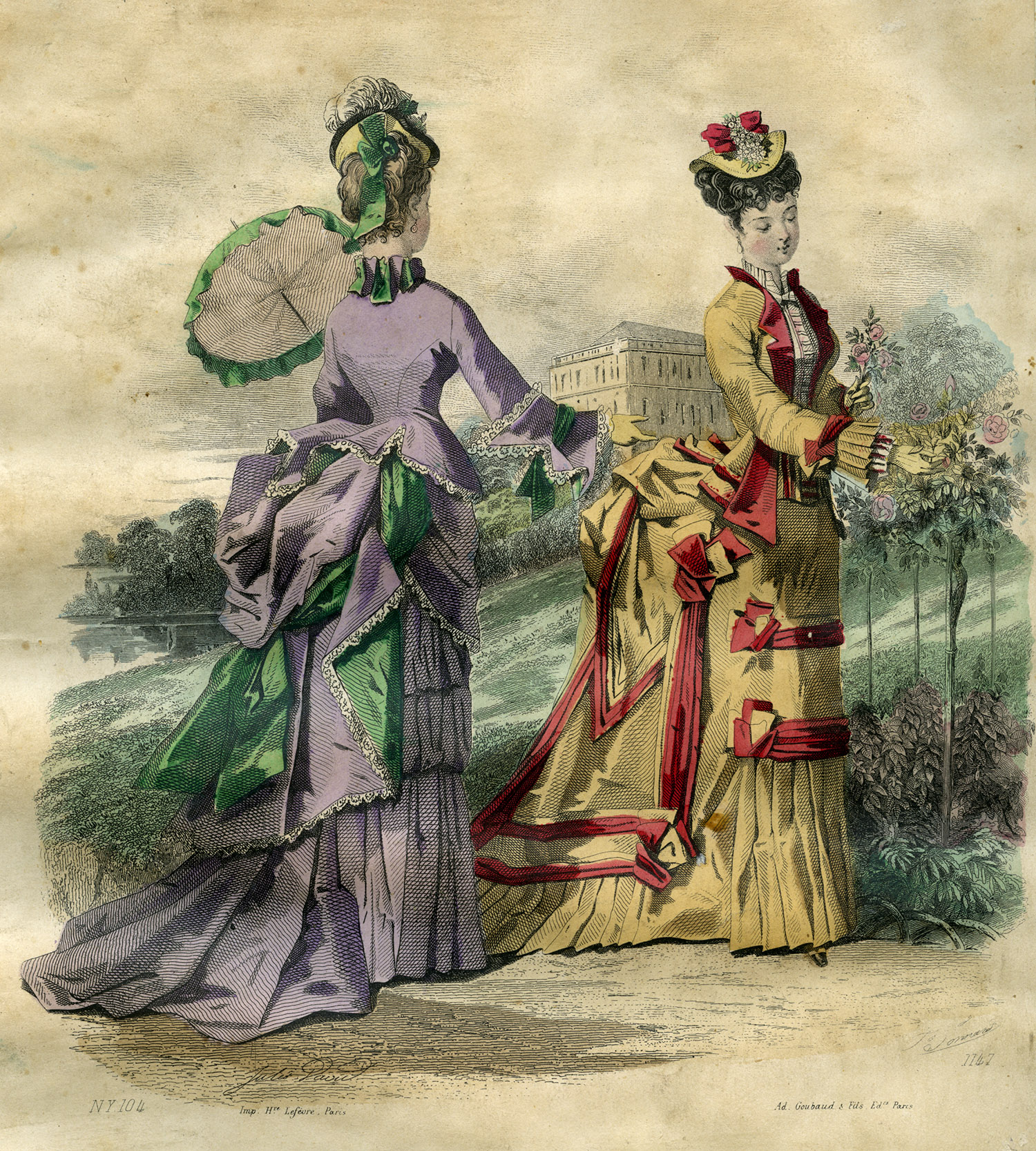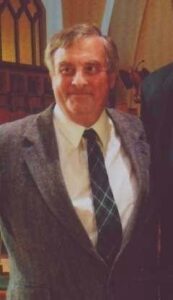Solomon Goodnoff Collection

A pioneer in television commercials and the use of special effects in the advertising film industry, Solomon Goodnoff was born in New York in 1923. After service in the Pacific during the Second World War, Goodnoff established a career as a film producer and director that resulted in international recognition for his television commercial work. Between the late 1940s and 1980s, he produced memorable spots that included the Maxwell House singing percolator, the Purina Cat Chow dancing cat, and the Budweiser Clydesdales. He was equally creative in developing specialized tools for the television industry, including a master antenna television system in the 1950. A Clio Award winner, he was also recognized with awards from the Directors Guild of America and film festivals at Cannes, Chicago, and New York. After moving to the Bekshires in the 1970s, Goodnoff continued to commute to Manhattan to work on special projects for Tulchin Studios, but he became known locally for his horticultural activities, serving as a trustee of the Berkshire Botanical Gardens and hosting a local radio program on gardening. He died in his home in Plainfield, Mass., in 2003, aged 80.
The collection contains videotape copies of many of Sol Goodnoff’s best known commercials, along with story boards, selected examples of his awards, and examples of specialized equipment used in producing spots for his clients.



